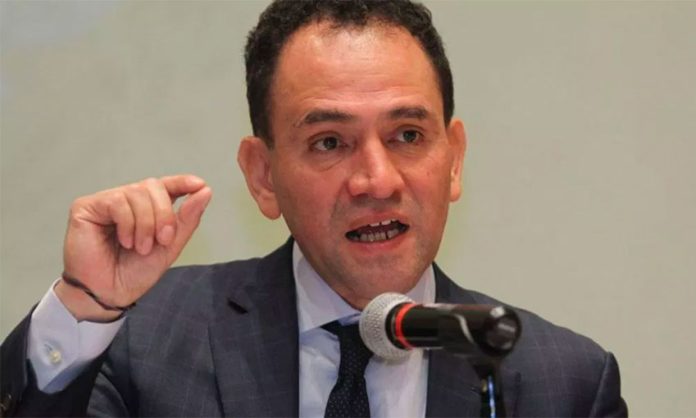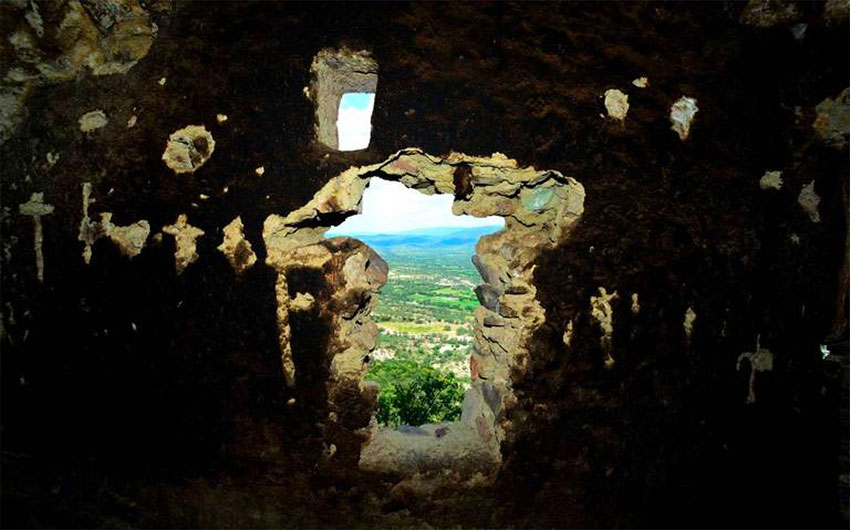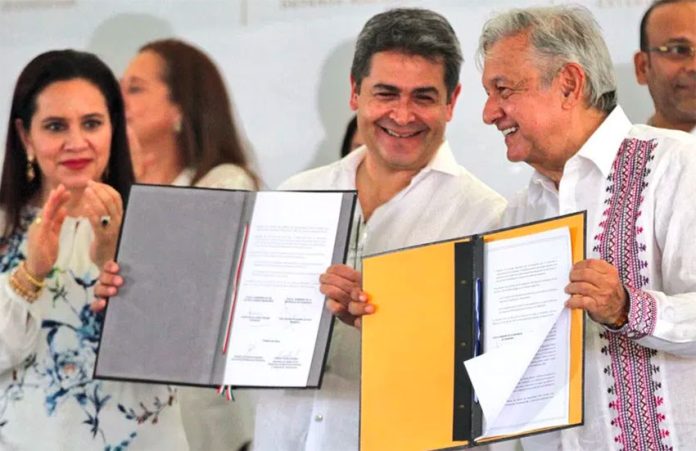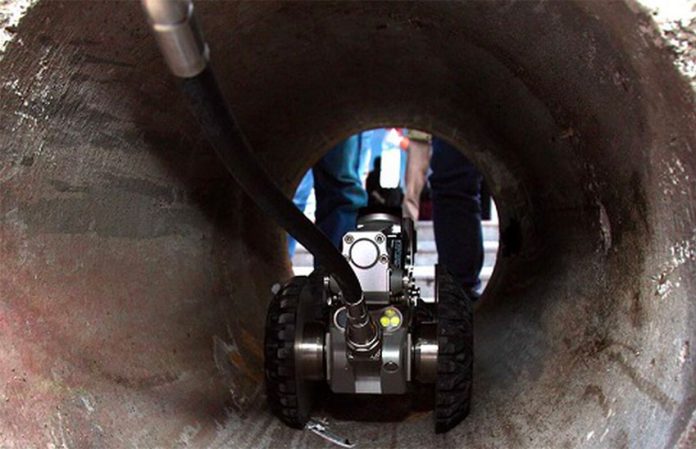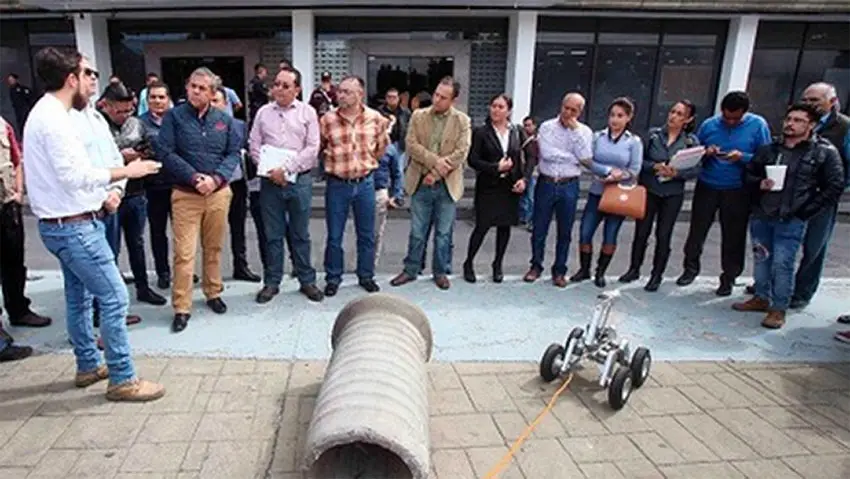Finance Secretary Arturo Herrera has announced a 485-billion-peso (US $25.4-billion) stimulus package that he predicts will have an “immediate impact” on the ailing Mexican economy.
“We have decided on actions that would mobilize 485 billion pesos that would allow us to boost the creation of infrastructure projects, incentivize infrastructure investment and private consumption,” Herrera told a press conference yesterday.
Two-thirds of that amount – 320 billion pesos – will be spent on 1.2 million credits to support investment and consumption, 116 billion pesos will be used to accelerate spending on contracts by bringing forward purchases of goods and services that had been scheduled for 2020 and about 50 billion pesos will go to infrastructure projects.
The Secretariat of Finance (SHCP) said in a statement that a range of public-private projects would be included in the package.
It highlighted a 10-billion-peso waste management project in Nuevo León, a 2-billion-peso urban transportation project in Ciudad Juárez, Chihuahua, and a 1-billion-peso plan to build a desalination plant in Los Cabos, Baja California Sur.
The SHCP said that a state development bank would provide credits to more than 130,000 small and medium-sized businesses and 370,000 micro businesses.
It is unclear how much of the funds in the stimulus package, if any, are new, the news agency Reuters said.
The announcement of the stimulus package comes just days before the national statistics agency, Inegi, is due to publish second-quarter growth figures, which some analysts believe will show that Mexico has already slipped into a technical recession.
The economy contracted 0.2% in the first quarter and the Bank of America, among others, anticipates that data will also show a small contraction between April and June.
A recession would be a significant blow for the eight-month-old administration of President López Obrador, who as recently as last week maintained that he expects the economy to grow by 2% this year even as the International Monetary Fund cut its growth forecast to 0.9% from 1.6%.
The finance secretary didn’t estimate the impact that the stimulus package would have on growth but stressed that it wouldn’t affect the budget.
The SCHP noted in its statement that the global economy is slowing, stating that the main reasons for the deceleration are “trade tensions” between the United States and China and “geopolitical tensions” in some parts of the world including the United Kingdom’s pending departure from the European Union.
Herrera, who is new in the job following the sudden resignation of Carlos Urzúa earlier this month, said that “Mexico is not immune” to global headwinds, adding that “because of this we have been thinking about starting a program that aims to help the economy.”
The stimulus package contains “a series of actions that will have an immediate impact on the economy,” he asserted.
Source: Reuters (sp), El Financiero (sp)
